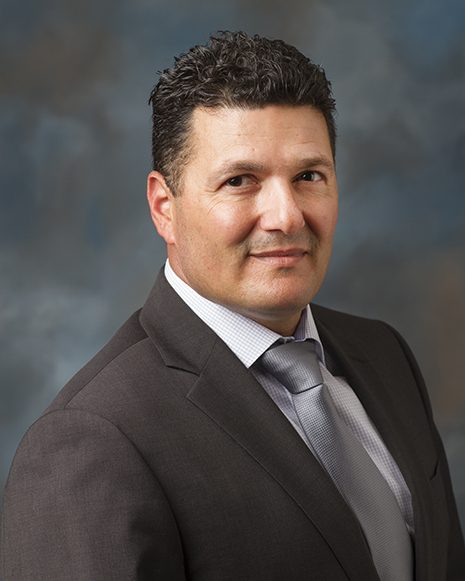

Two University of Florida Institute of Food and Agricultural Sciences (UF/IFAS) researchers have been appointed to a prestigious National Academy of Sciences, Engineering and Medicine committee to provide guidance on a serious disease plaguing California’s important wine industry.
Kirsten Pelz-Stelinski, an entomologist with the UF/IFAS Citrus Research and Education Center, and Ozgur Batuman, a plant pathologist with UF/IFAS Southwest Florida Research and Education Center, will serve on an ad hoc committee to guide grapevine disease research to the California Department of Food and Agriculture’s Pierce’s Disease/Glassy-Wing Sharp Shooter (PD/GWSS) Board.

Pierce’s disease (PD) seriously threatens the wine industry, because it is difficult to control and can kill vines. It costs California an estimated $100 million annually and became a more serious threat to agriculture with the arrival of an insect known as the glassy-winged sharpshooter, which can carry the bacterium from plant to plant.
The committee will review what is known about PD, grapevine red blotch virus, and grapevine leafroll-associated viruses and the management options for these diseases. They will guide the PD/GWSS Board in its efforts to support research that reduces the spread of insect-transmitted diseases and their economic impacts.
The committee’s work will include reviewing research proposals and the proposal selection process and making recommendations for funded research. The panel will also review the status of current knowledge on PD and grapevine viruses, identify what scientists don’t know, and identify opportunities to improve research programs and outcomes to impact and improve the management of the diseases caused by these grapevine pathogens.
The National Academies of Sciences, Engineering, and Medicine provide independent, objective advice to inform policy with evidence, spark progress and innovation, and confront challenging issues for the benefit of society. The organization aims to marshal knowledge and expertise across disciplines to study complex and sometimes contentious issues, reach a consensus based on the evidence, and identify the best path forward.









